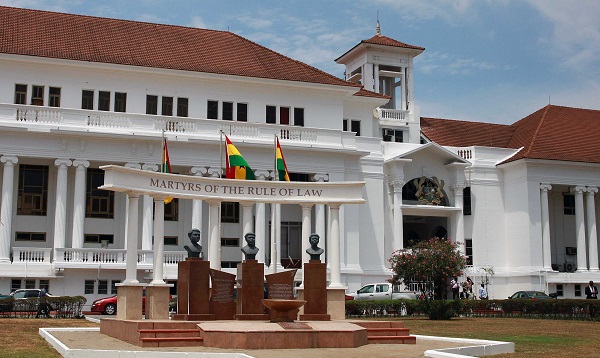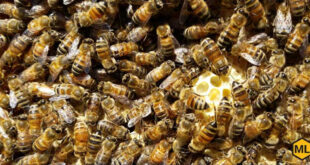
The Supreme Court has dismissed a legal challenge against the Food and Drugs Authority (FDA)’s regulations that prohibit celebrities from endorsing alcoholic beverages.
In 2016, the FDA introduced guidelines for food and beverage advertisements, which included a ban on the use of celebrities and professionals in alcohol advertisements.
Mark Darlington Osae, manager for musicians Reggie N Bollie, challenged the directive, arguing that it was discriminatory and unconstitutional. He filed a suit at the Supreme Court, requesting the court to interpret Articles 17(1) and 17(2) of the constitution to show that the directive was discriminatory.
In a 5-2 majority decision, the Supreme Court, led by Chief Justice Gertrude Torkonoo, upheld the constitutionality of the FDA’s directive.
Mr. Osae’s attorney, Bobby Banso, argued that the FDA’s 2015 regulation banning celebrities from advertising alcohol discriminates against the creative arts sector. The lawsuit claimed that the FDA’s directive, which states “no well-known personality or professional shall be used in alcoholic beverage advertising,” violated Articles 17(1) and 17(2) of the 1992 Constitution, which guarantee equality before the law and prohibit discrimination based on social or economic status or occupation.
The suit sought several declarations and orders, including:
(a) A declaration that Guideline 3.2.10 of the FDA’s 2016 Advertisement of Foods guidelines, which prohibits well-known personalities from advertising alcoholic products, is discriminatory and unconstitutional.
(b) A declaration that the guideline is inconsistent with Articles 17(1) and 17(2) of the 1992 Constitution, which guarantee equality and prohibit discrimination.
(c) An order to nullify Guideline 3.2.10 as unconstitutional.
(d) A perpetual injunction preventing the FDA from enforcing this guideline against celebrities or professionals.
Prominent figures in the creative industry, such as Wendy Shay, Shatta Wale, Brother Sammy, Kuami Eugene, and Camidoh, have expressed their opposition to the ban, arguing that endorsing alcoholic beverages is a significant source of income for the industry and that the restriction negatively impacts their livelihoods.
 GhArticles.com Every News in Detail
GhArticles.com Every News in Detail



